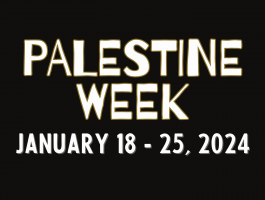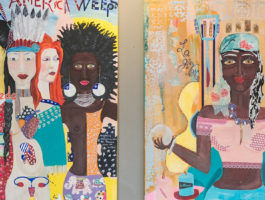As the upcoming presidential election nears, we are hearing the usual buzzwords: “economy,” “jobs,” “health care,” but now we are forced to deal with a matter that makes many Americans uncomfortable and fidgety. That topic, of course, is race, and how our country’s racial attitudes and biases decide our future possibilities.
To put it simply, race in America is still very complicated. For one, the president had to release his birth certificate last year in an effort to quell growing skepticism about whether he is a United States citizen. President Obama said in an interview with Rolling Stone that, “I never bought into the notion that by electing me somehow we were entering into a post-racial period.”
However, he notes that, “I’ve seen in my own lifetime how racial attitudes have changed and improved, and anybody who suggests that they haven’t isn’t paying attention or is trying to make a rhetorical point … Because we see it every day, and me being in Oval Office is a testimony to changes that have been taking place.”
What do you think about the suggestion of America as a post-racial society? Our ongoing series “A.C.T.O.R. (A Continuing Talk on Race)” facilitates open and honest discussions about the effect of race and racialization on everyday life in America. Check out the next A.C.T.O.R. to participate in this ongoing conversation.
It may also be helpful to think about the definitions of loaded words like ‘race’ and ‘racism’:
Nikhil Singh’s defines race as “historical repertoires and cultural and signifying systems for the purpose of another’s health, development, safety, profit or pleasure.”
Ruth Wilson Gilmore has defined racism as “the state-sanctioned or extralegal production and exploitation of group-differentiated vulnerability to premature death.”
Race and racism will undoubtedly play a role in this upcoming election. The question is: how much of one?





